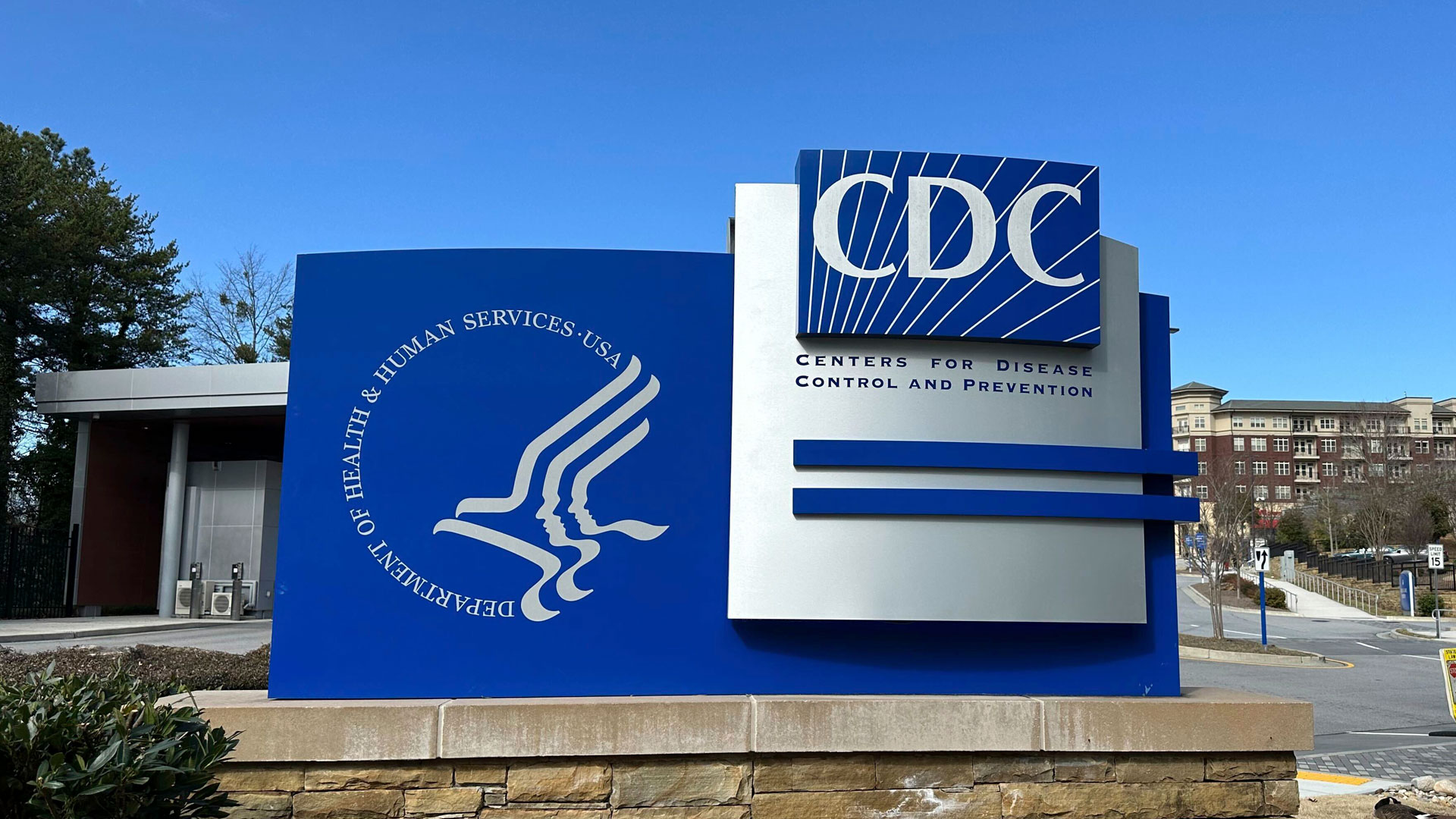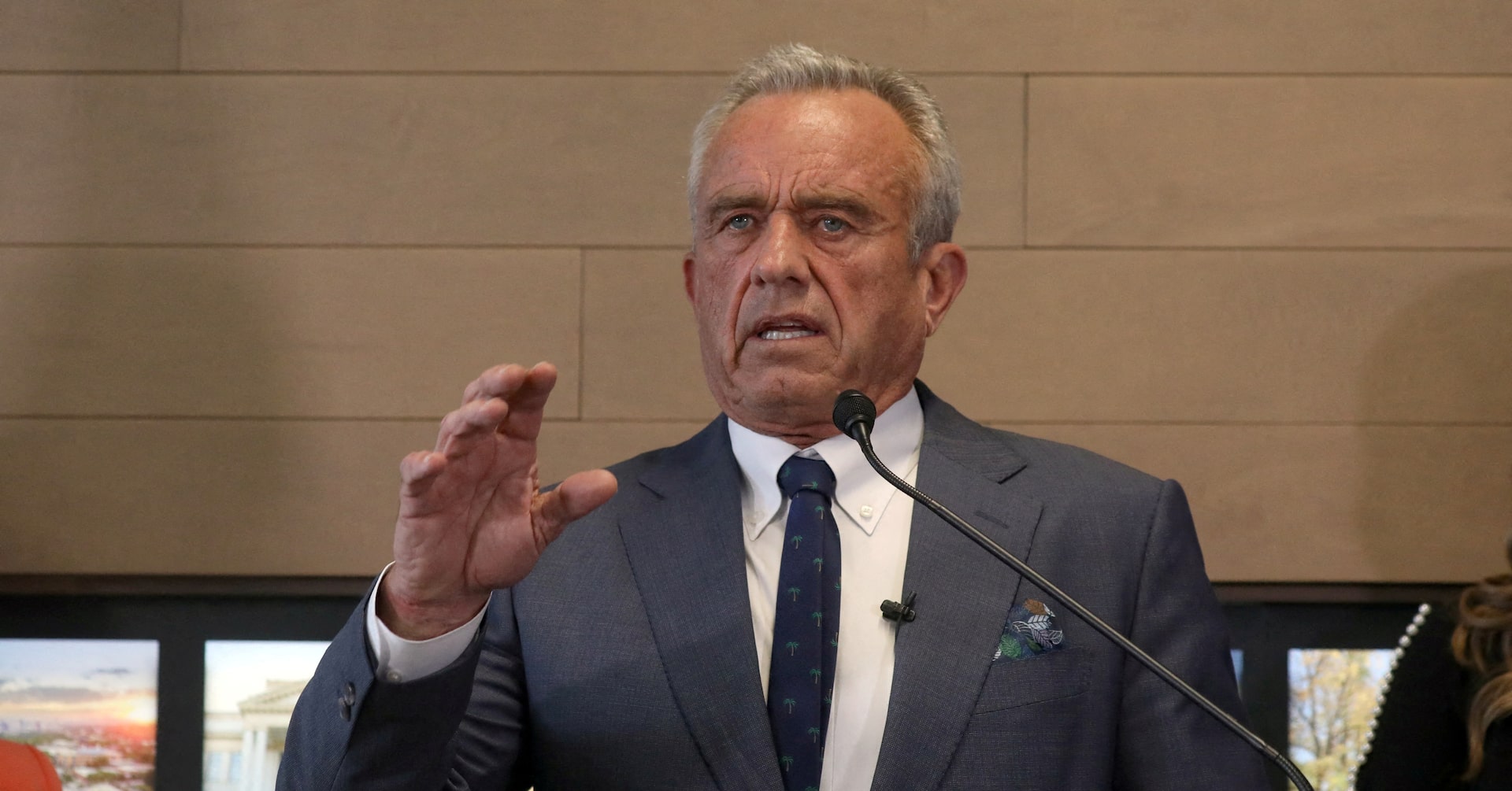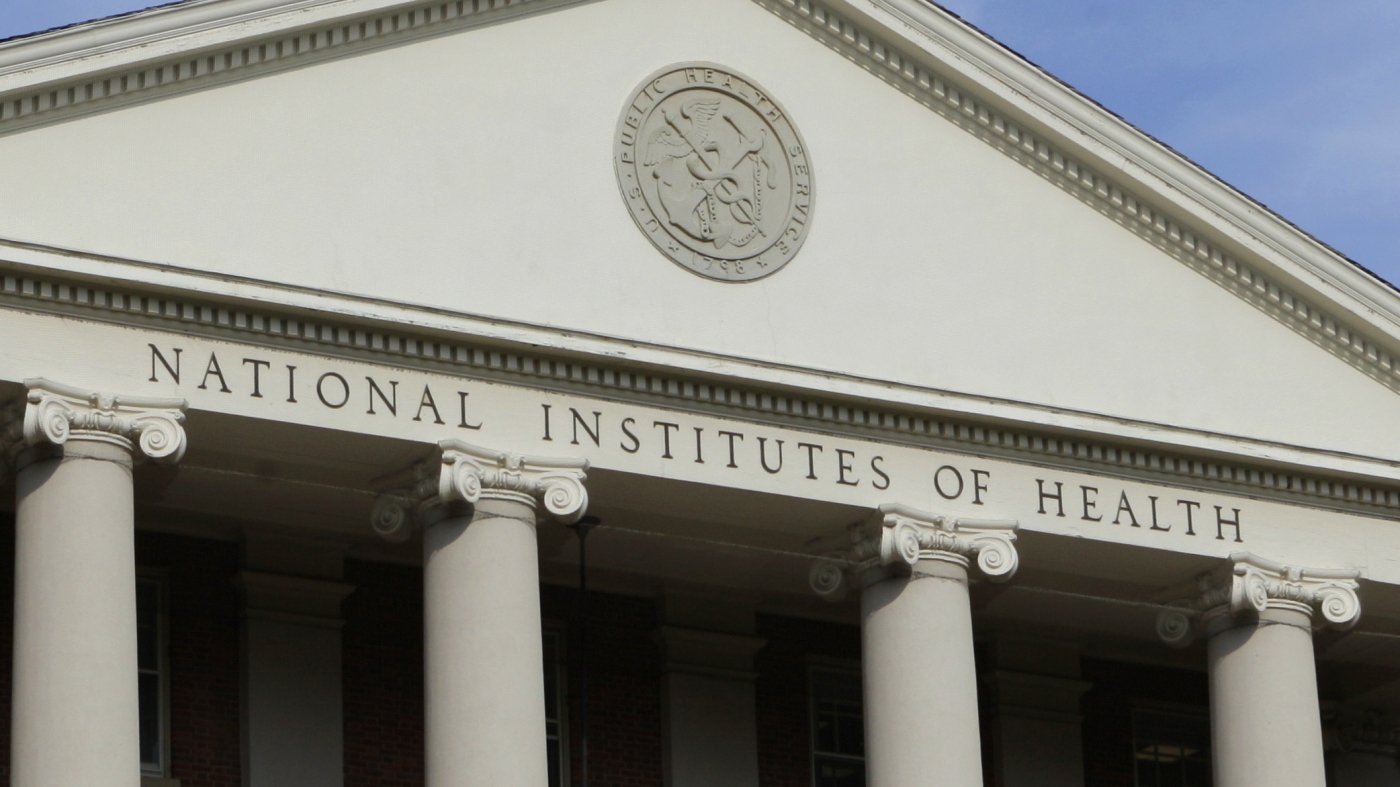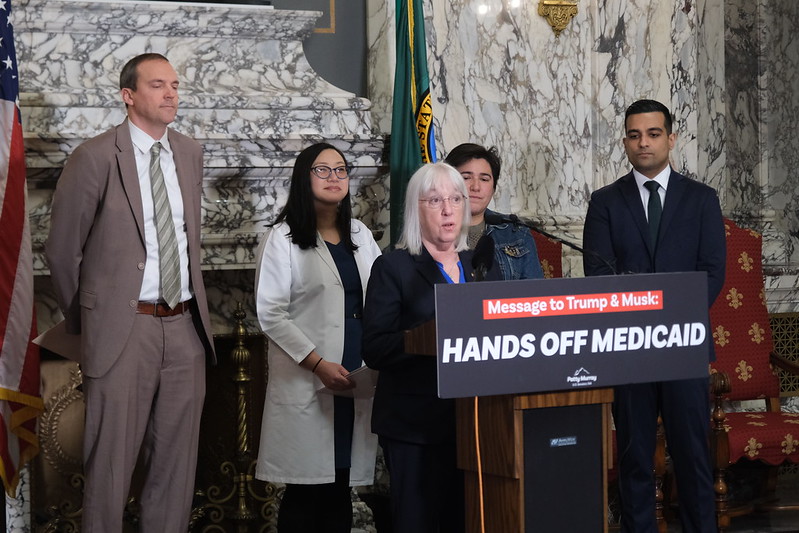Mental Health in Peril: How Trump's Budget Cuts Threaten New Jersey's Care Landscape
Health
2025-04-04 04:13:52Content

In a significant policy shift, the Trump administration has abruptly halted over $350 million in critical public health funding designated for New Jersey. This unexpected move threatens to disrupt essential healthcare services and support systems across the state, potentially leaving vulnerable populations without crucial resources.
The substantial funding cut impacts a wide range of public health programs, raising concerns among healthcare professionals and state officials about the potential long-term consequences. These funds were previously earmarked to support vital health initiatives, including preventive care, community health centers, and emergency medical services.
State health leaders are scrambling to assess the immediate impact of this funding withdrawal and explore alternative strategies to maintain essential healthcare services. The sudden reduction in federal support could force difficult decisions about resource allocation and potentially compromise the state's ability to provide comprehensive healthcare coverage.
As communities and healthcare providers grapple with this unexpected challenge, the full implications of the funding cut remain to be seen. Local officials are calling for clarity and seeking immediate dialogue to mitigate the potential negative effects on New Jersey's public health infrastructure.
Federal Funding Cuts: A Devastating Blow to New Jersey's Public Health Infrastructure
In an unprecedented move that has sent shockwaves through the healthcare community, the Trump administration has made a controversial decision to slash critical public health funding, leaving New Jersey's healthcare system teetering on the brink of a potential crisis. The abrupt withdrawal of over $350 million in essential financial support threatens to undermine years of strategic health investments and potentially compromise the state's ability to respond to emerging health challenges.Unraveling the Impact of Unprecedented Federal Funding Withdrawal
The Economic Landscape of Healthcare Funding
The sudden funding cut represents more than just a financial setback for New Jersey. It exposes the fragile ecosystem of public health infrastructure that relies heavily on federal support. Healthcare administrators and policy experts are scrambling to understand the long-term implications of this dramatic reduction in resources. The economic ripple effect could potentially dismantle critical healthcare programs, research initiatives, and community health services that have been meticulously developed over decades. Experts argue that such substantial funding cuts do not occur in isolation. They reflect broader political strategies and ideological shifts that can fundamentally alter the healthcare landscape. The timing of this decision, amid complex national health challenges, raises significant questions about the potential downstream consequences for vulnerable populations and healthcare systems.Systemic Vulnerabilities Exposed
The funding withdrawal illuminates deep-seated systemic vulnerabilities within public health infrastructure. New Jersey's healthcare ecosystem has long depended on federal support to maintain comprehensive health services, particularly in underserved communities. The sudden financial contraction threatens to create substantial gaps in healthcare delivery, potentially leaving thousands of residents without critical medical resources. Healthcare professionals are particularly concerned about the potential domino effect. Reduced funding could lead to staff reductions, program eliminations, and decreased capacity to address emerging health threats. The intricate network of public health services—including preventive care, disease management, and community health initiatives—stands at significant risk.Strategic Implications for Future Healthcare Planning
This funding cut demands a radical reimagining of healthcare strategy. State administrators must now develop innovative approaches to maintain service levels with dramatically reduced resources. This might involve exploring alternative funding mechanisms, implementing more efficient operational models, and potentially seeking private sector partnerships. The situation underscores the critical need for resilient, adaptable healthcare systems that can withstand sudden financial shocks. It challenges policymakers to develop more robust, diversified funding strategies that do not rely exclusively on federal support. The current crisis could potentially serve as a catalyst for long-term systemic reforms.Community and Political Response
The funding cut has galvanized community leaders, healthcare professionals, and political representatives. Grassroots organizations are mobilizing to challenge the decision, highlighting the potential human cost of such dramatic resource reductions. Political pressure is mounting, with local representatives preparing potential legal and legislative challenges to mitigate the impact. Advocacy groups are particularly focused on protecting the most vulnerable populations who depend most heavily on public health services. They argue that such funding cuts represent more than a financial issue—they are fundamentally a matter of social justice and community well-being.Technological and Innovative Mitigation Strategies
In response to this challenge, healthcare leaders are exploring technological solutions and innovative funding models. Telemedicine, data-driven resource allocation, and strategic public-private partnerships are emerging as potential pathways to maintain service quality despite reduced financial support. Artificial intelligence and advanced analytics could play a crucial role in optimizing remaining resources, allowing healthcare systems to do more with less. These technological interventions might provide a lifeline for maintaining critical health services in the face of significant funding constraints.RELATED NEWS
Health

Deadly Diagnostic Errors: Patients' Lives Hang in the Balance, Warns Health Watchdog
2025-03-21 02:21:44
Health

Groundbreaking Research Opportunity: Harvard's Global Health Experts Seek Innovative Scholars
2025-03-04 16:04:04





